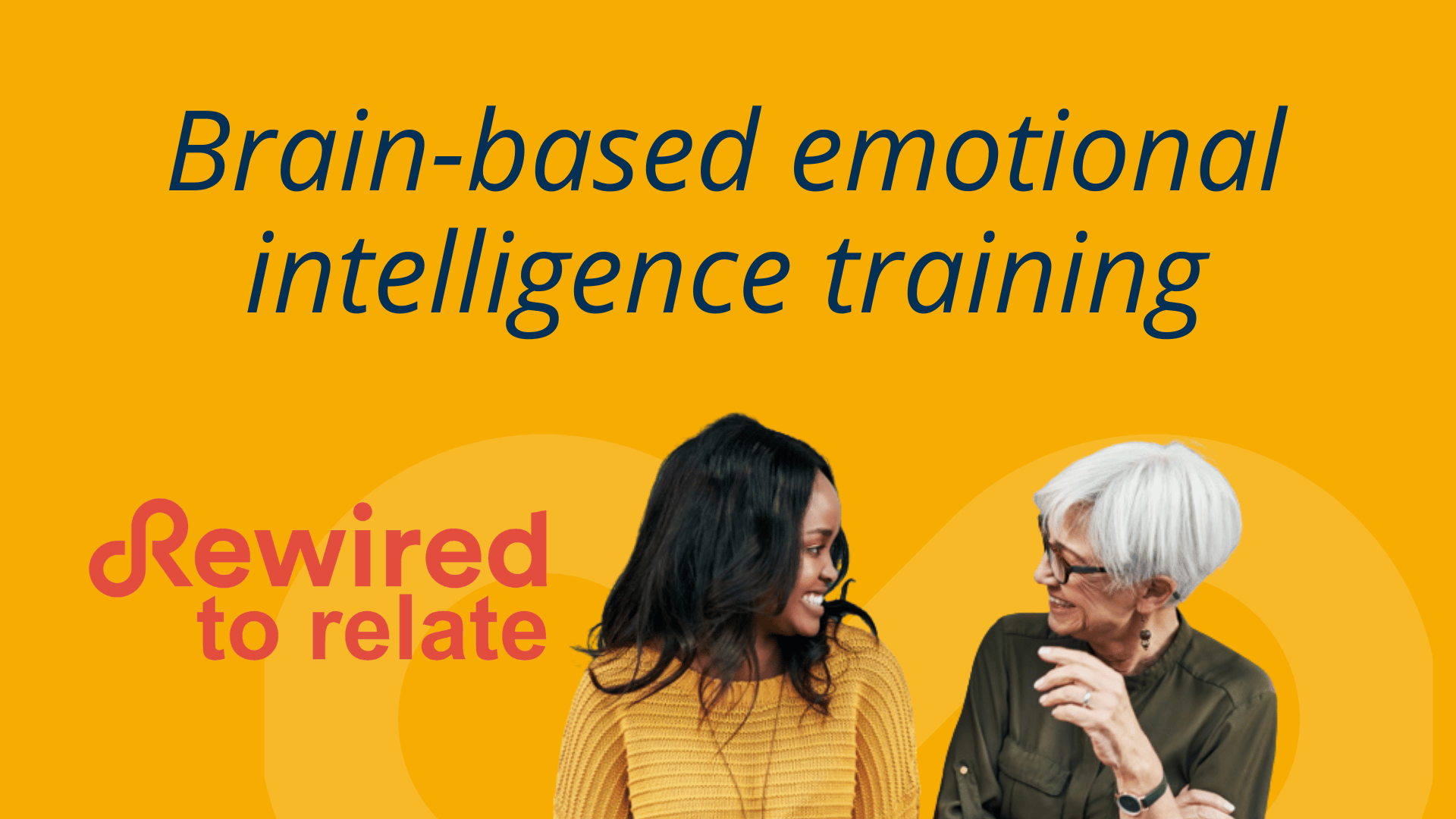
A case for boredom
We tend to keep ourselves so occupied with activities all day long. For most of us, it’s just part of life. And when we have a bit of downtime we turn to our devices for entertainment or distraction.
For some, this is out of fear of what might happen if we actually get bored. Are we deathly afraid of boredom? Do we even know what boredom is? When was the last time you experienced it?
What if we designed a bit of boredom time into our lives? Real boredom, without devices or other things to intentionally occupy our minds.
Here are some reasons this may be helpful:
- Creativity. When your mind doesn’t have things occupying all its time, it is free to wander. This can lead to daydreaming, wandering thoughts and new ideas. In this downtime, your brain might even chew on a long-standing nagging problem and the open space might just present the opportunity for this solution to arise.
- Mindfulness and presence. When bored, you can find it easier to just be present and mindful which will contribute to your sanity and mental health.
- Resilience and burnout protection. Burnout is caused by always being on the “dopamine/adrenaline rollercoaster”, either chasing these brain chemicals and their exciting feelings or revelling in them and creating an intolerance which just drives us to want more. Boredom can interrupt this cycle.
- Reflection and Learning. When you don’t have a whole bunch of other obligations crowding your mind, you can take time to reflect on recent events and consider what you learned from them. What might you want to do differently next time?
- Appreciation. When bored, you can take time to appreciate the things you do have in life – your safety, security, friendships, colleagues, your job, your ability to contribute, etc. Appreciation also contributes to life satisfaction and well-being.
We don’t always have to be driven by dopamine or adrenaline even if our brain tells us to keep going for more. Give boredom a try and see what you gain from it. It certainly can’t hurt you.
Why Neuroscientists Say, ‘Boredom Is Good For Your Brain’s Health.’
Here are a few other related posts:
3 tips for becoming more creative
Six ways to boost your wellbeing
Rewired to Relate

Rewired to Relate helps you experience your own brain in different ways. You will learn how different brain states lead to different kinds of output. For example, how slowing down helps create the conditions for creative ideas.
more info